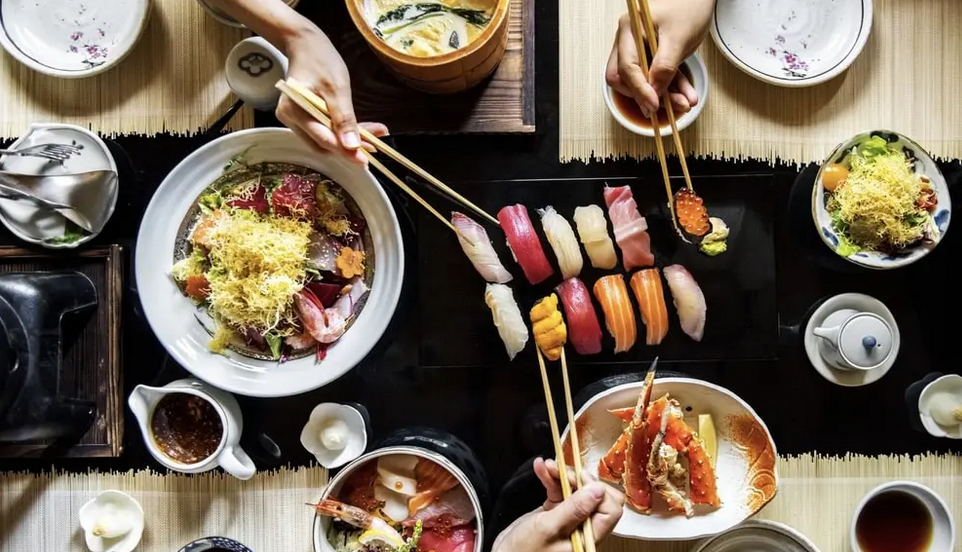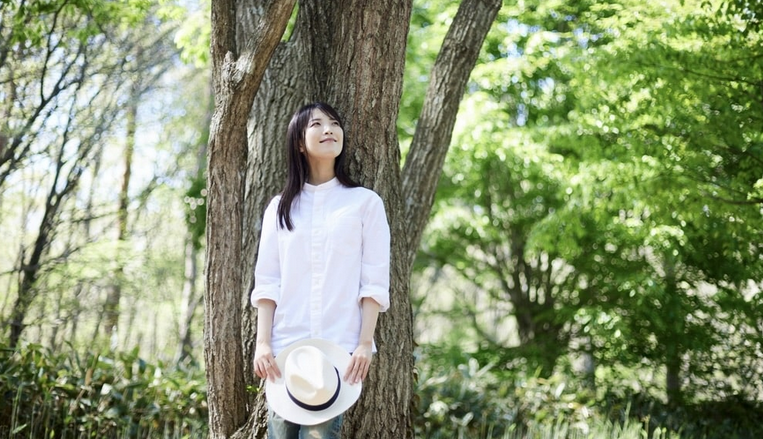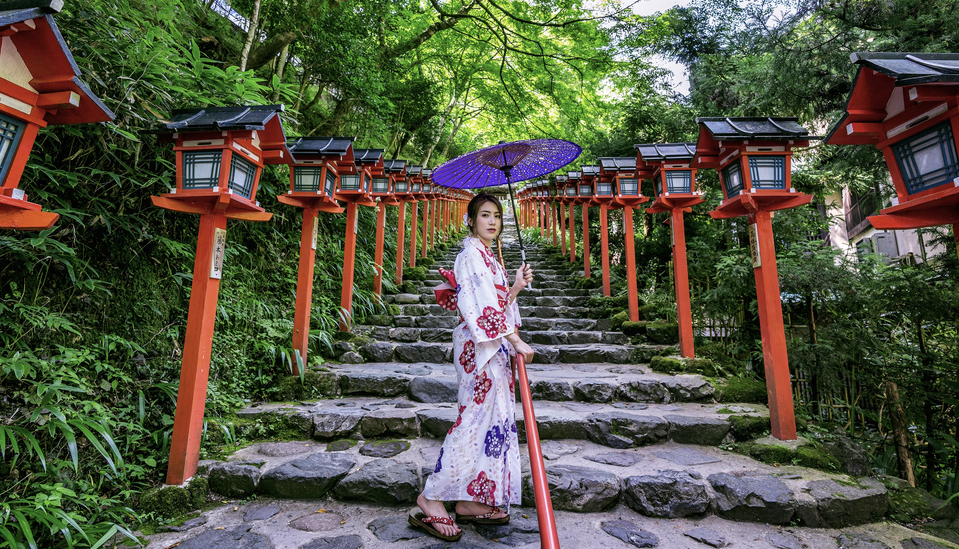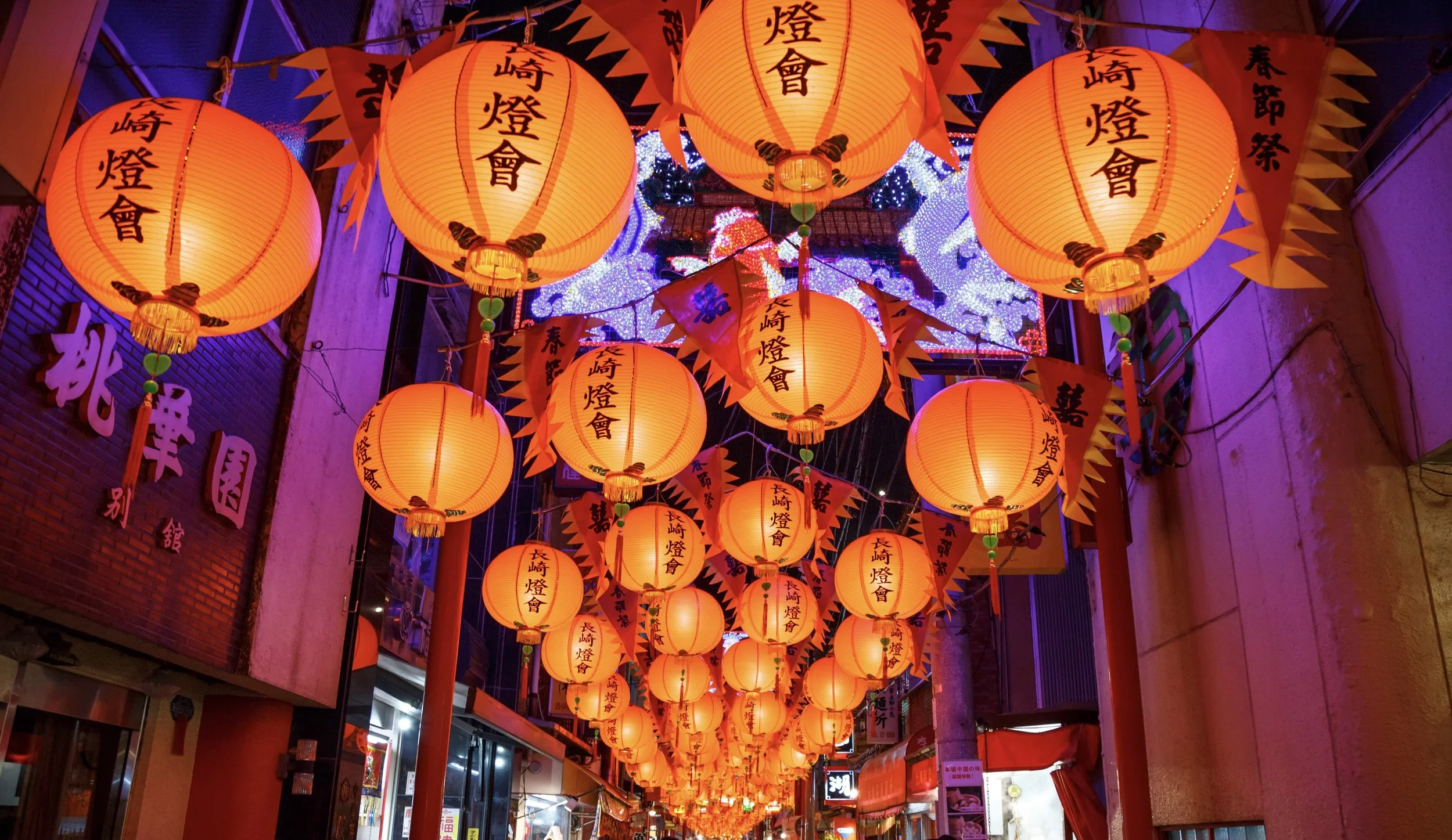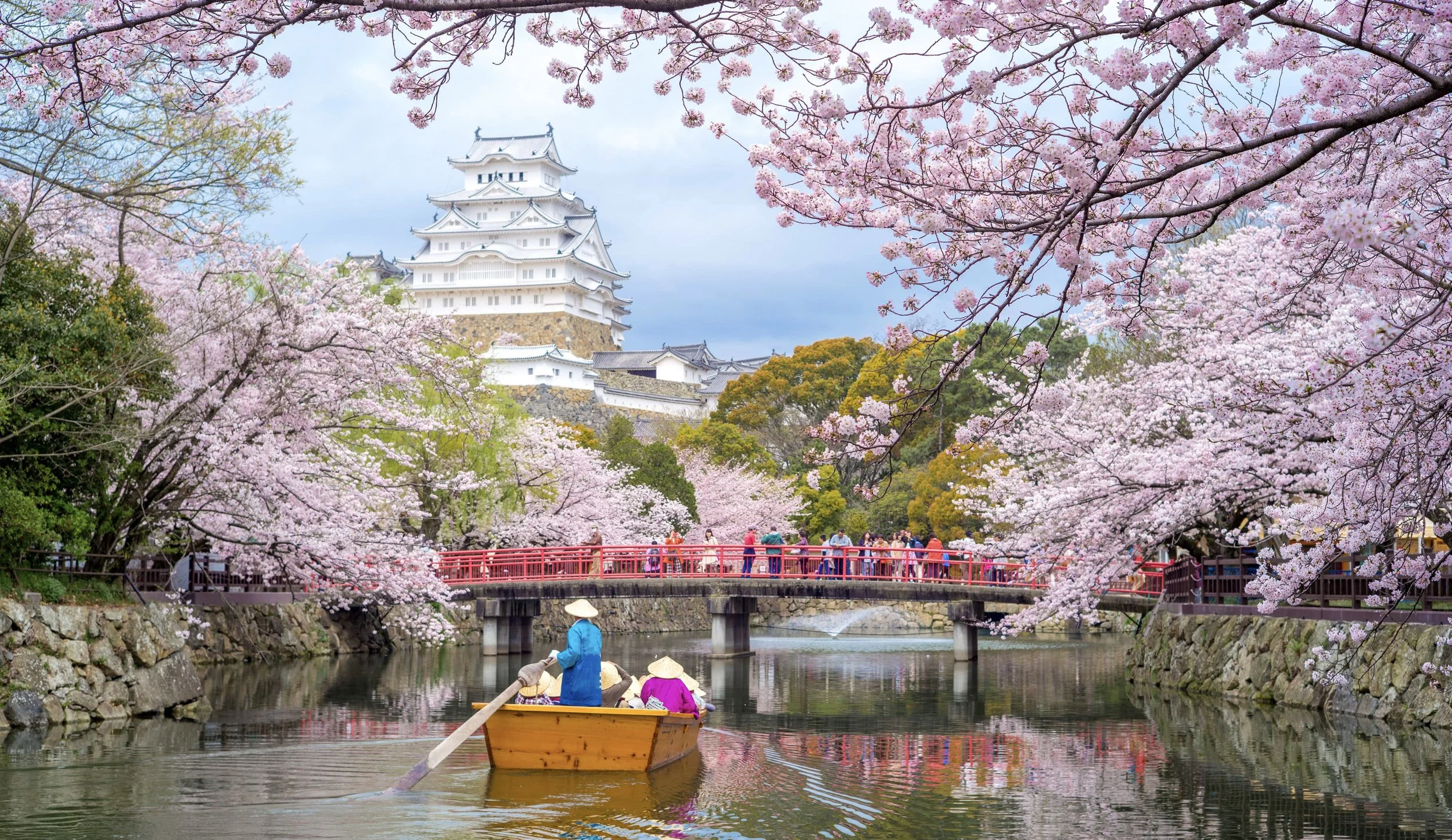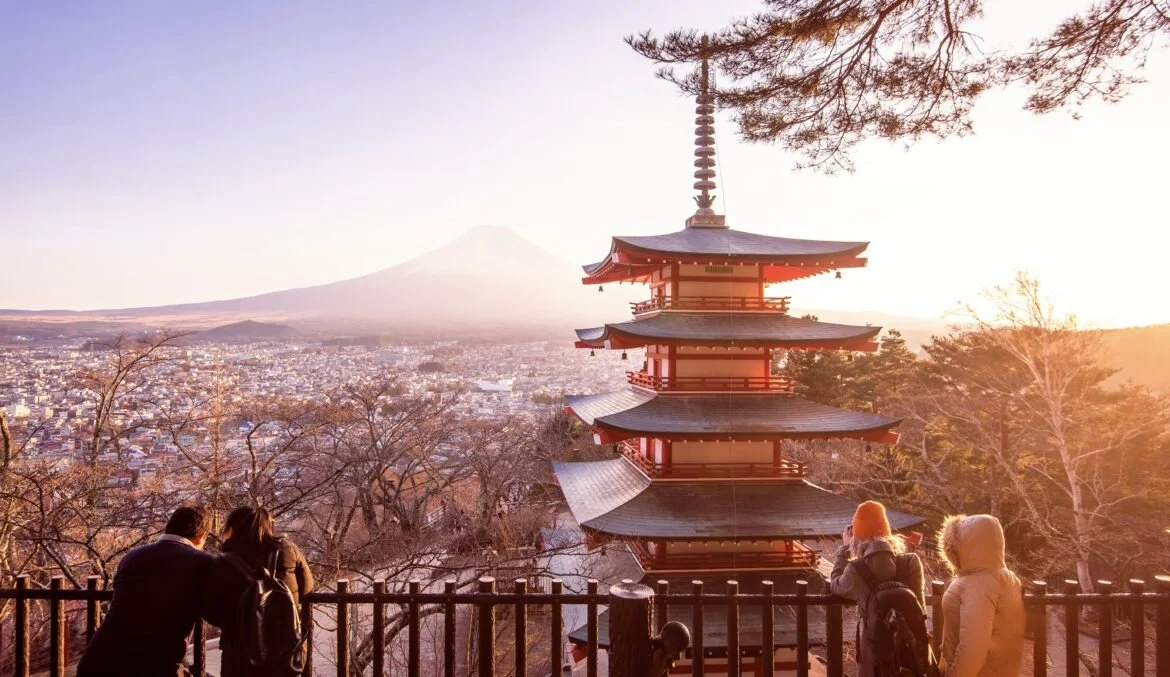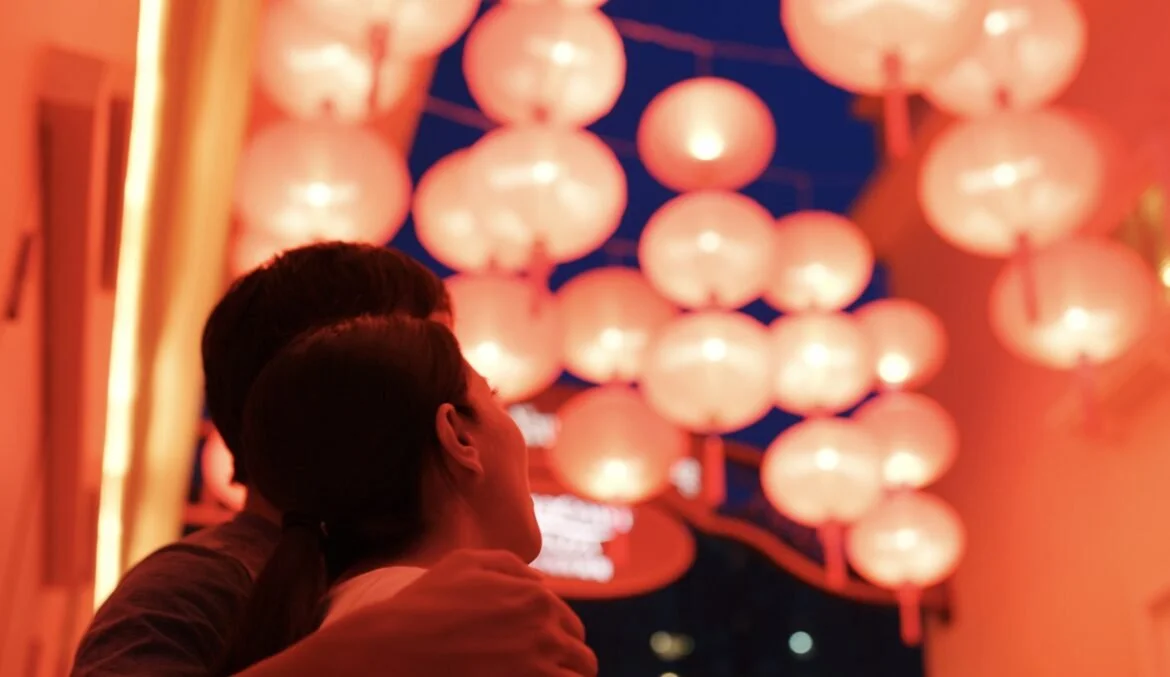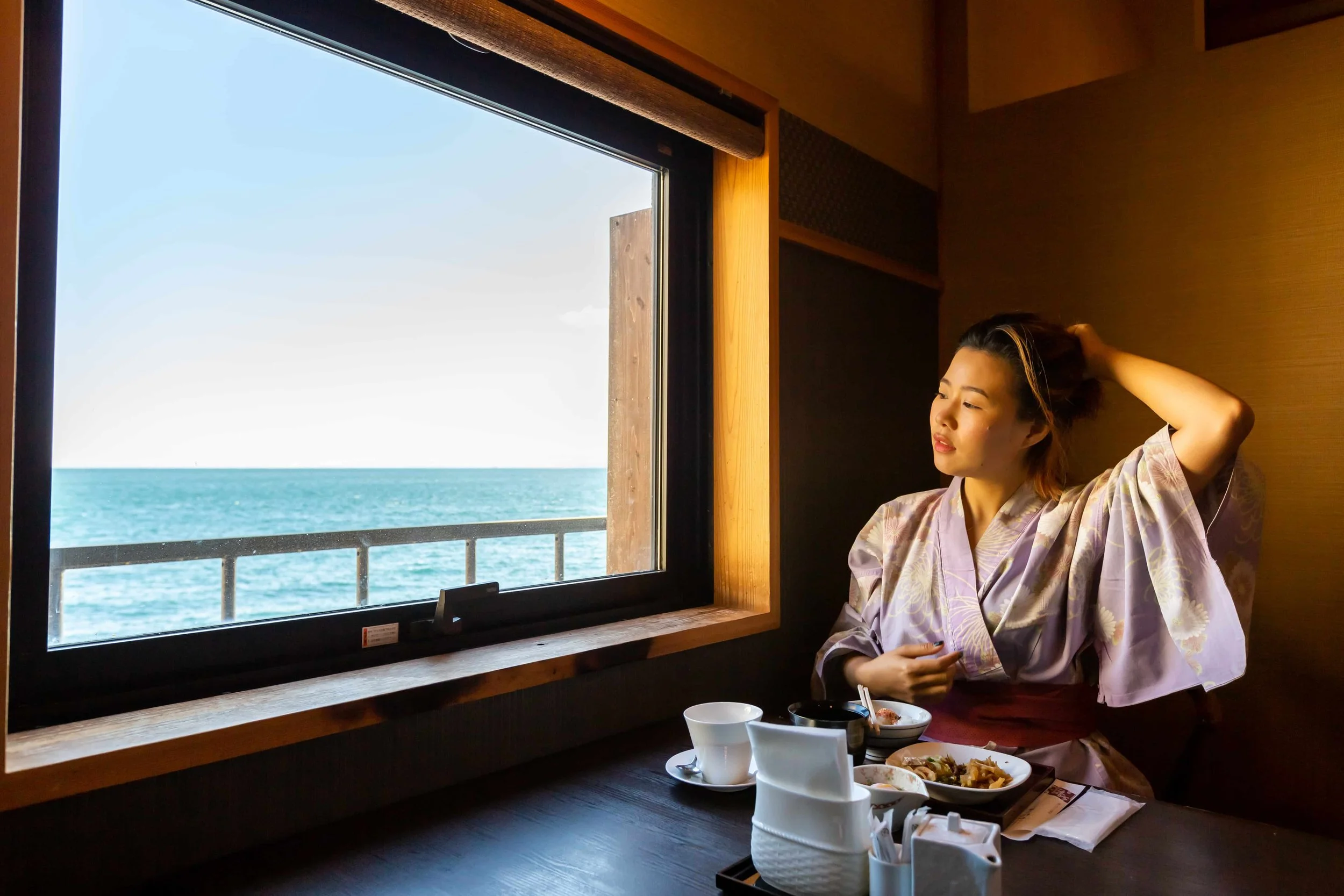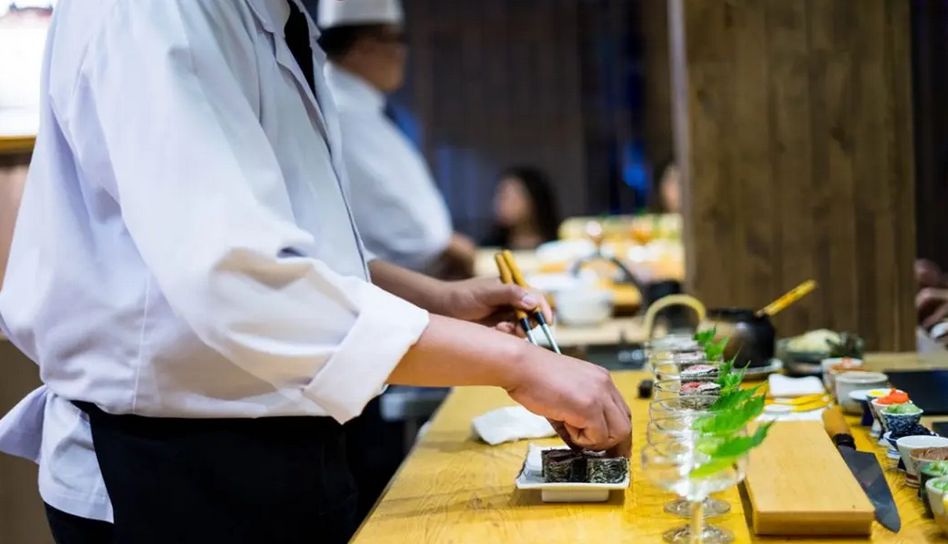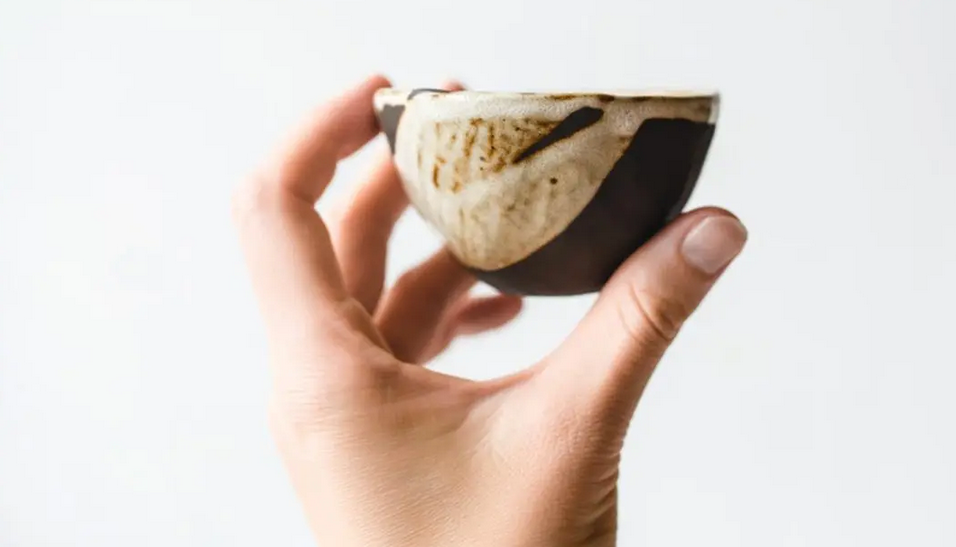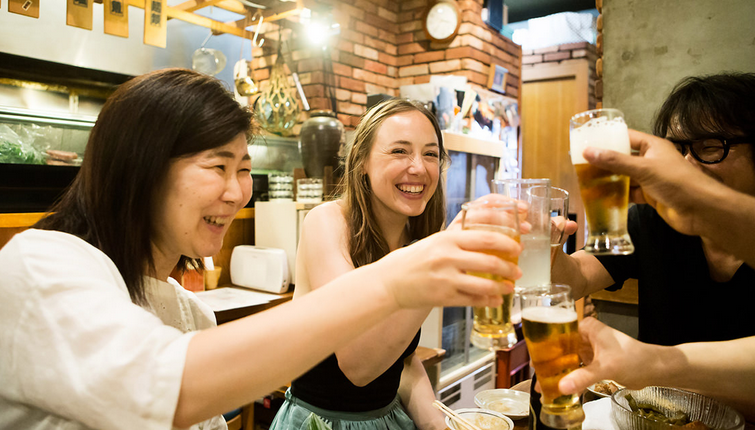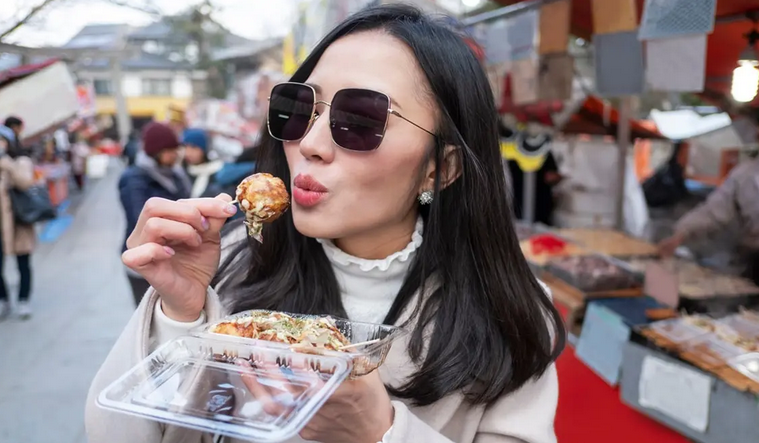Japanese Culture
Rosetta Stone
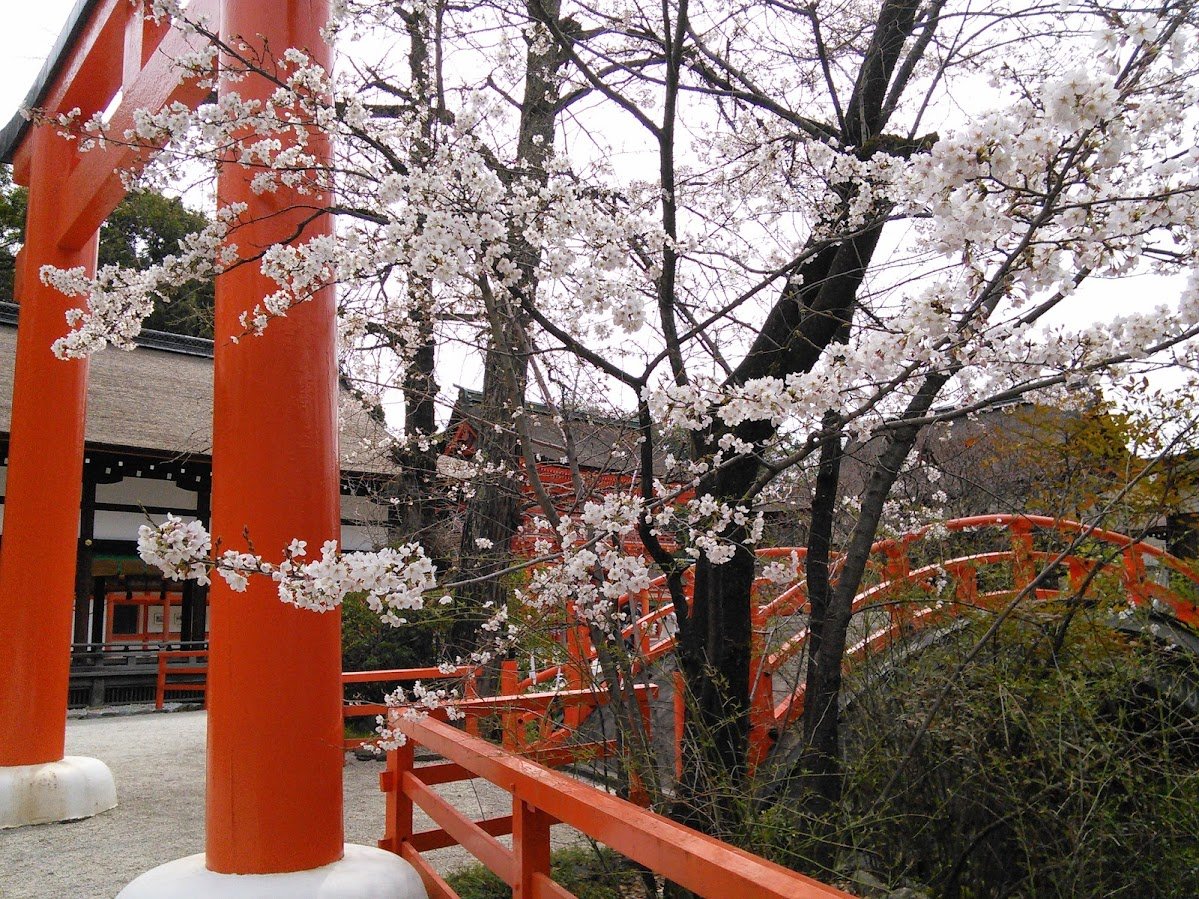
-
15+ Traditional Japanese Food Names and Cultural Customs
"Japan is famous for its cuisine, but due to the number of ingredients indigenous to Japan, many of the names and terms associated with traditional Japanese food don’t translate directly. The elusive “umami” flavor mentioned by famous chefs around the world even retains its Japanese name. But don’t let that stop you from exploring Japanese traditional food! Use this guide to familiarize yourself with the feast of dishes and food vocabulary Japan has to offer."
-
A Guide to Omiyage: The Art of Japanese Gift Giving
“When you go on a trip, it’s common practice to bring back souvenirs. You might buy a shirt that says “I went to New York and all I got was this lousy T-shirt!” or a magnet with a picture of the National Park forests you hiked in. Souvenirs in Japan—or omiyage (お土産)—have a similar sentiment, but express their own layers of thoughtfulness, gratitude, and generosity through regional delicacies.”
-
21 Japanese Words That Have a Deep Meaning
“Sometimes, saying one word can carry the weight of an entire sentence. Japanese words that have a deep meaning cover every aspect of life, including both the literal meaning of the word and the implied emotions. When saying less is more, highly specific and evocative phrases conjure a perfect image for the listener.”
-
22 Major Holidays in Japan You Won’t Want to Miss in 2024
“If you enjoy holidays in your own country, then you’re sure to enjoy holiday celebrations and ceremonies in Japan. Whether it’s a major holiday like the Japanese New Year (Shōgatsu 正月) or a more quiet day of appreciation like Mountain Day (Yama no Hi 山の日), there’s something special to look forward to every month of the year.”
-
![]()
Does Japan Celebrate Lunar New Year?
“Dragon dances, red packets filled with cash, decorations with a new animal every year…all of these are easily recognizable symbols of Lunar New Year. Sometimes this is even referred to as “Chinese New Year.” The celebrations call to mind traditions from East Asia, but does that include all countries from the region? Is shōgatsu (正月), Japan’s New Year traditions, just another word for Lunar New Year? ”
-
![]()
Celebrating Golden Week in Japan: Japan’s Busiest Season
“Imagine spring break, but for an entire country! That’s what Golden Week in Japan feels like every year. With four holidays spanning the full week, celebrations and festivals are held across the country. This makes it the perfect time to travel for those living in Japan and coming from abroad.”
-
What Is Izakaya? Your Guide to This Unique Japanese Bar Style
An izakaya (pronounced “ee-zah-kah-yah”) is a type of Japanese bar where you can order Japanese drinks and food. The characters that make up the word izakaya mean “stay” (居), “alcohol” (酒), and “shop” (屋), making its literal meaning a “shop where you stay to drink alcohol.”
As for what makes it unique, think of an izakaya as a bar / restaurant with food similar to Spanish-style tapas. It’s a type of restaurant you generally attend with a group of people to drink, share food, and take your time enjoying the conversation. It is very much a social experience! -
![]()
All About Japanese New Year: Celebrating Shōgatsu Authentically
“On shōgatsu, eating delicious food, visiting shrines and temples, and watching the sun rise on a new year are all among the many traditions Japan passionately observes. Even if you can’t travel there yourself, Japanese communities wherever you live celebrate with their traditions closer to home.”
-
![]()
3 Essential Japanese New Year Decorations: Honor Shōgatsu in Style
“Japanese New Year decorations primarily have their roots in Shinto traditions. The majority of Japanese people consider themselves to not be religious or adherents to any particular faith, but Shintoism and Buddhism have had such a profound impact on Japan’s historical traditions that they are practically synonymous with its culture.
There are three decorations most commonly found in Japan around New Year’s: kadomatsu, kagami-mochi, and shime-kazari.” -
![]()
What is a Ryokan? A Guide to Japan’s Classic Inns
“Hotels are the standard for overnight accommodations away from home, but in Japan, ryokan offer the ultimate lodging experience. There, you can relax in a rejuvenating hot spring, enjoy the very best of Japan’s authentic cuisine, and get a good night’s sleep on a comfortable futon (布団) mattress. If experiencing traditional Japanese culture is on your to-do list, staying at a ryokan is a must!”
-
Omakase Meaning: From Essential Elements to Etiquette
“From conveyor-belt sushi to ramen shops, Japan has its share of casual restaurants. But what about formal establishments? Omakase (お任せ) is a unique and unforgettable style of dining where you won’t need to offer your compliments to the chef through the waitstaff: You can tell them yourself as they personally serve you and a handful of other guests.”
-
How the Meaning of Wabi-Sabi Has Shaped Japanese Culture for Centuries
“Few aesthetic principles are so ingrained in Japanese culture as wabi-sabi (侘び寂び). In modern art, it’s referenced as inspiration for styles of architecture, interior design, pottery, and more. You may have heard it referred to as finding beauty in imperfection or impermanence, but it’s much more than that. For all its use, it is difficult to put into words what the meaning of wabi-sabi truly is, but one thing is known beyond a doubt: It is inseparable from Japanese culture. “
-
9 Essential Japanese Honorifics: Meanings and How to Use Them Politely
"Japanese honorifics are suffixes (with an occasional short prefix) attached to names to denote the relationship between the speaker and the person they are referring to. They can indicate a relationship among friends, coworkers, people of different ages, and more."
-
15 Traditional Japanese New Year Foods To Bring You Good Fortune
"The food made for shо̄gatsu is about more than just flavor and culinary enjoyment: It all carries different well wishes for the coming year. Auspicious combinations of red and white are seen in a variety of Japanese holidays (even the Japanese national flag is red and white) and the same is true for New Year’s. Foods are lucky based on their individual ingredients, shape, and even their name!"
-
19 Japanese Street Foods to Enjoy at Summer Matsuri
"Street food in Japan is an affordable, accessible blend of native Japanese cuisine, washoku (和食), and dishes inspired by or borrowed from other cuisines worldwide. Seeing a festival stall selling French-style crepes right next to one selling grilled squid on skewers is not unusual. There’s something for every palate!"
-
59 Japanese Slang Words To Make You Sound Local
“Japanese slang words are perfect for mixing the vocabulary and grammar rules you’ve learned with real-life casual conversation. Although there’s a time and a place for everything, the odds are that if you attach Japanese honorifics like chan (~ちゃん) or kun (~くん) to your conversation partner’s name, it’s safe to use slang!“
-
Embrace Ichi-go Ichi-e and Live Each Moment to the Fullest
“The English phrase “once in a lifetime” can be used to describe ichi-go ichi-e, but it has a deeper meaning in Japanese than that. Ichi-go ichi-e specifically explains that every encounter you have with another being can only happen once. Naturally, you can see the same person or the same cat every day, but things change subtly with each meeting to make them unique.”
